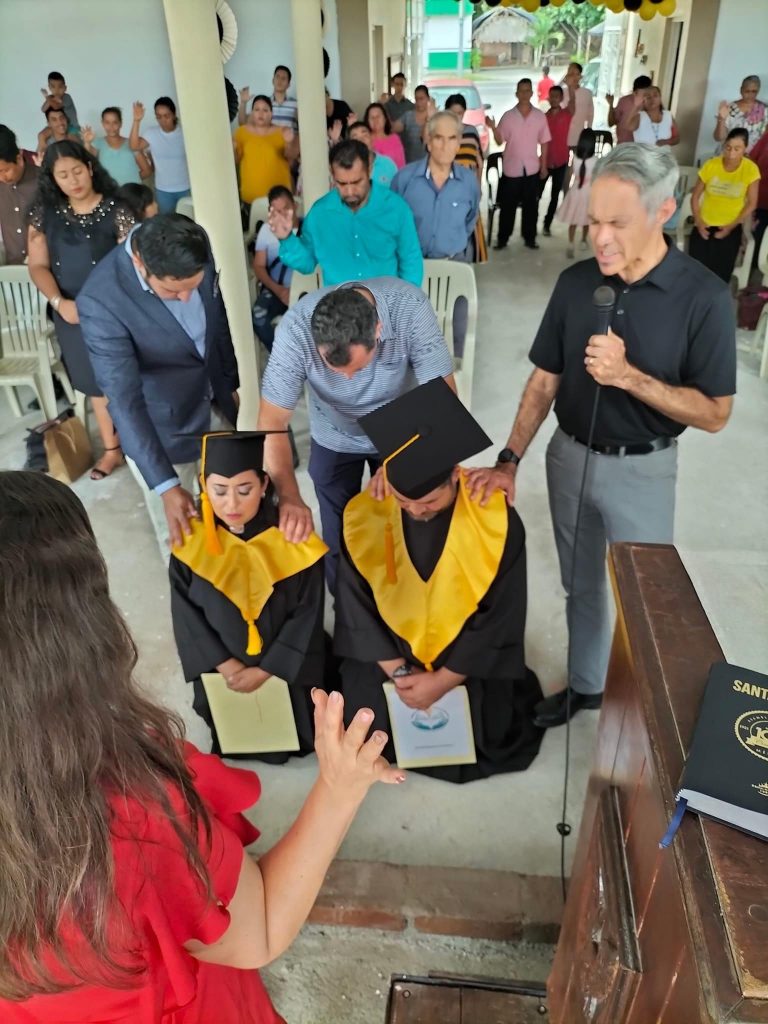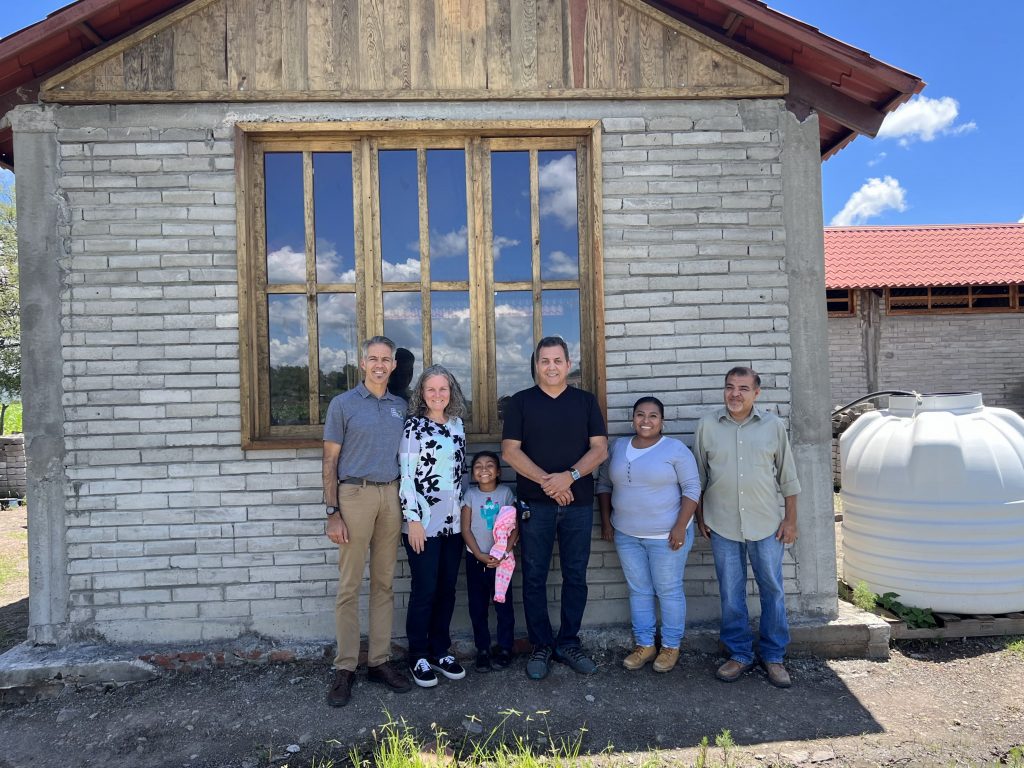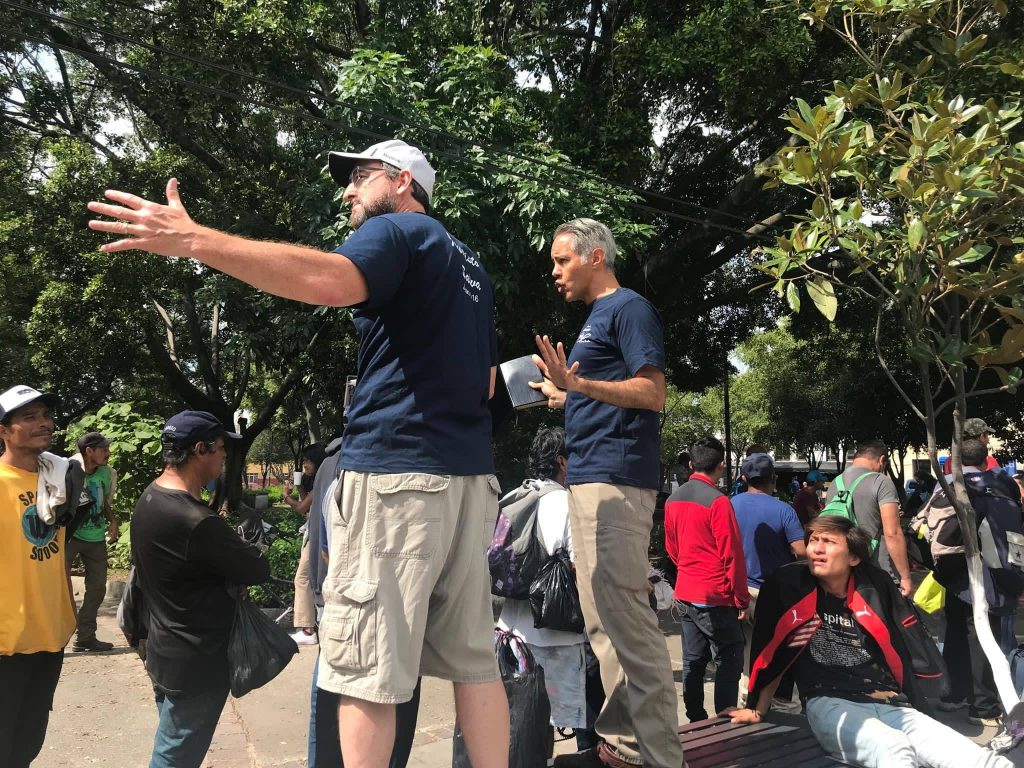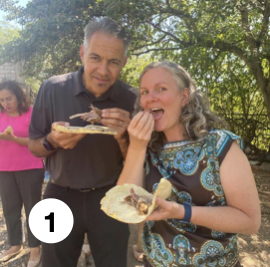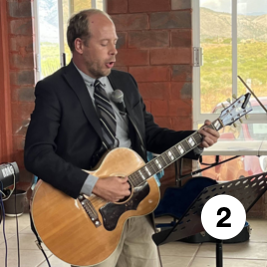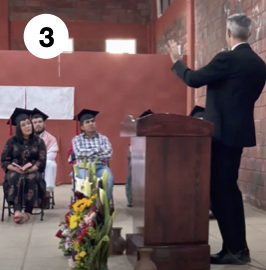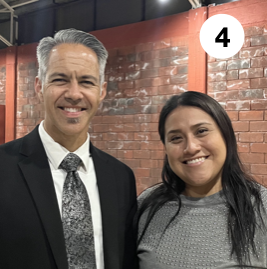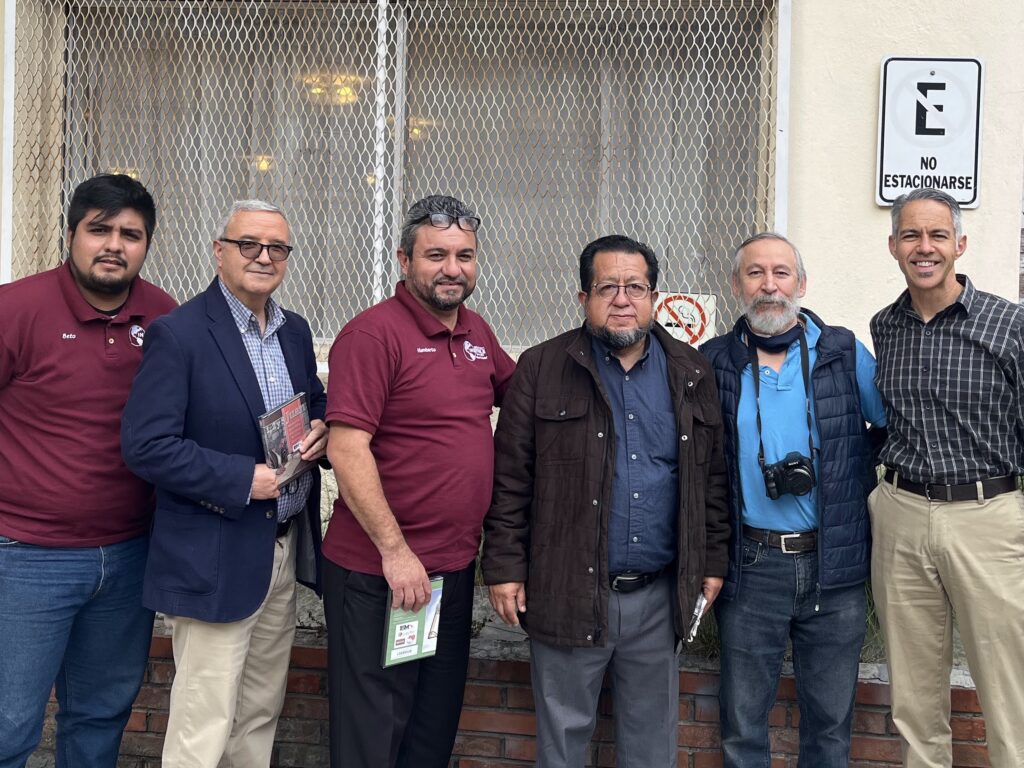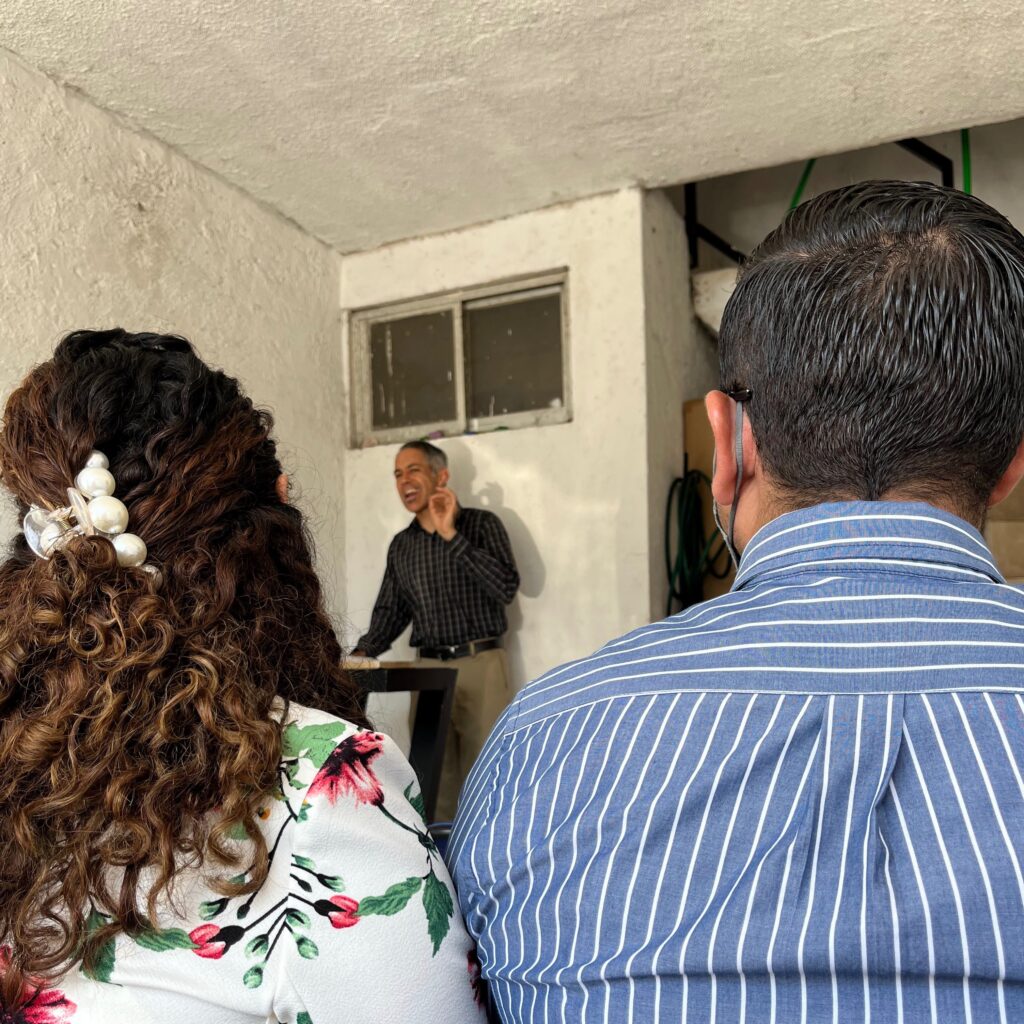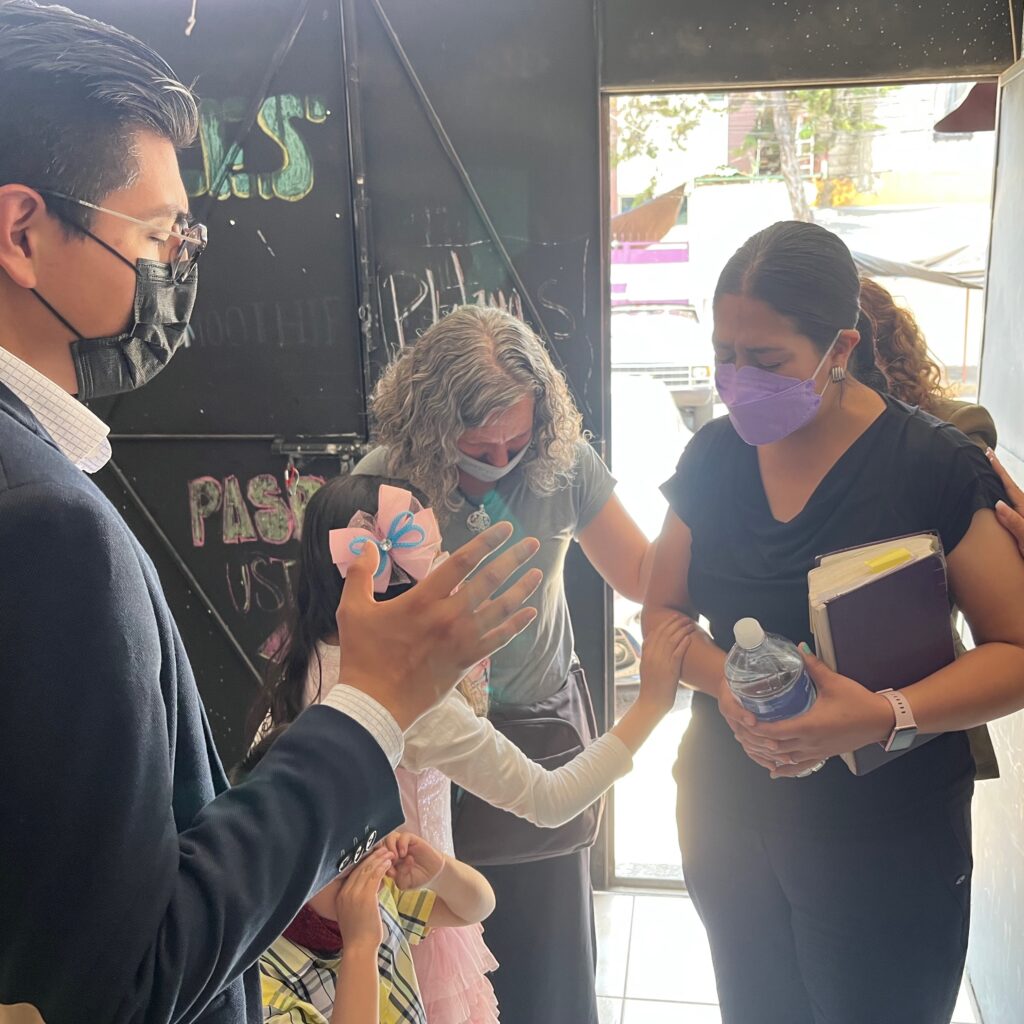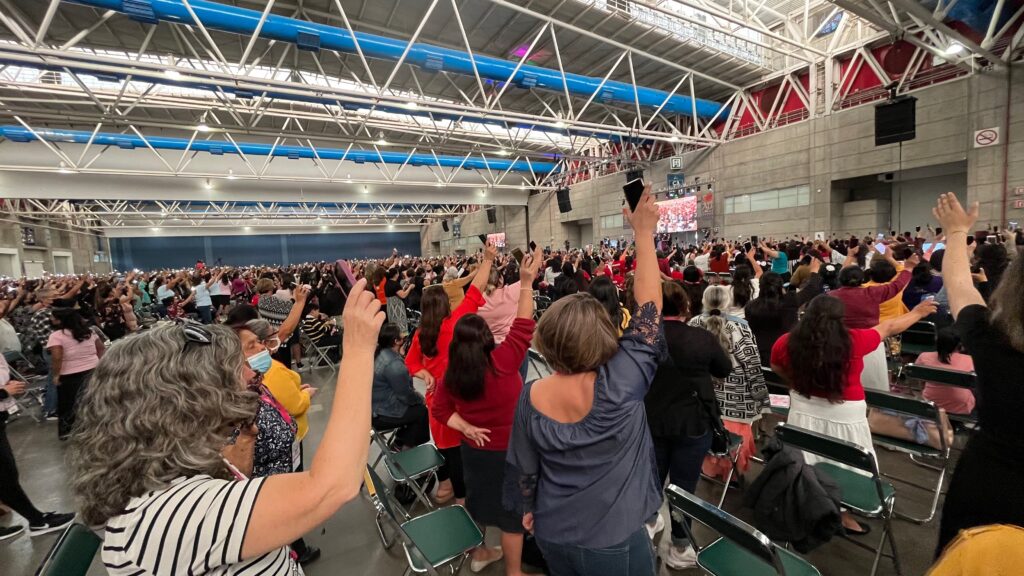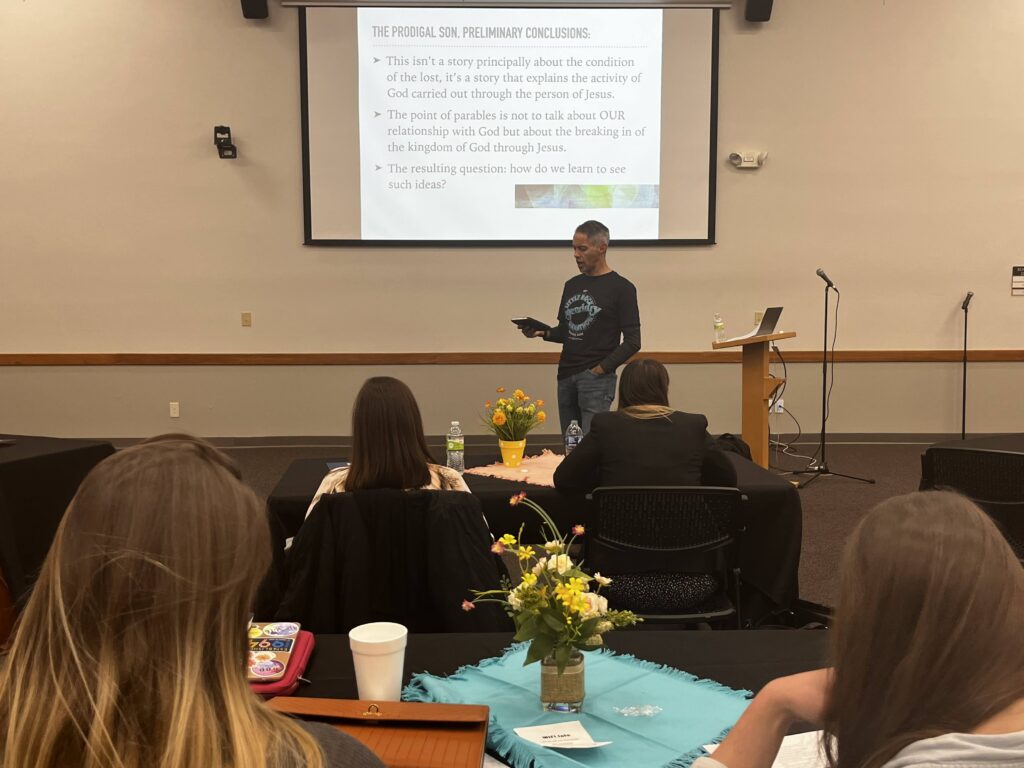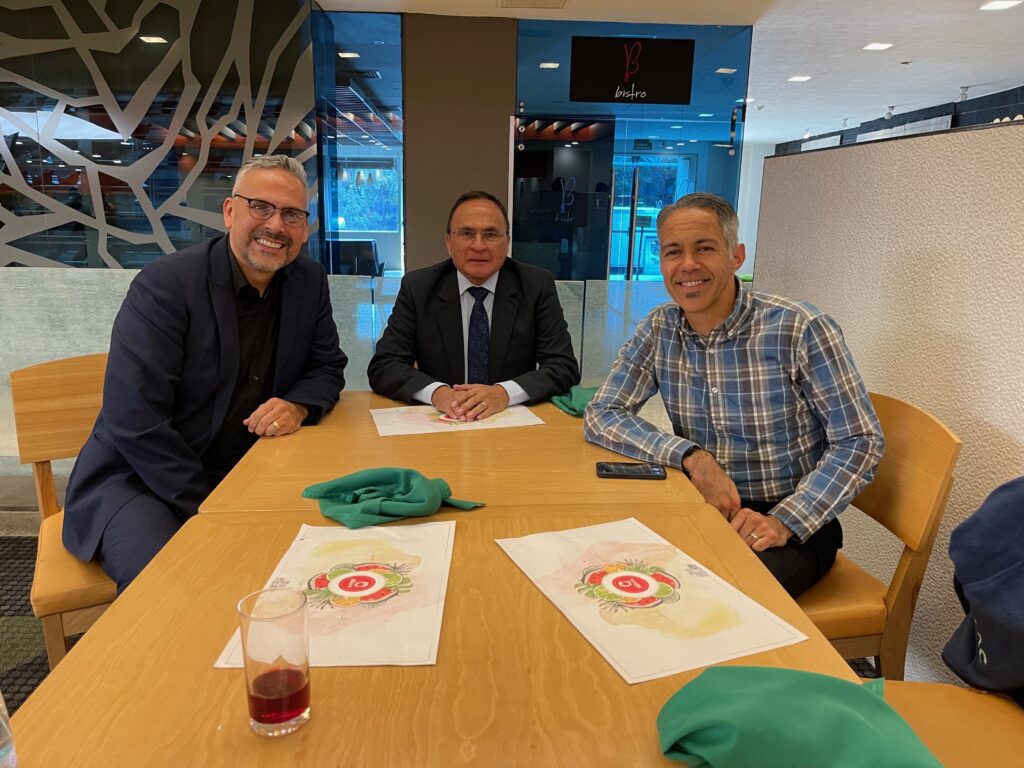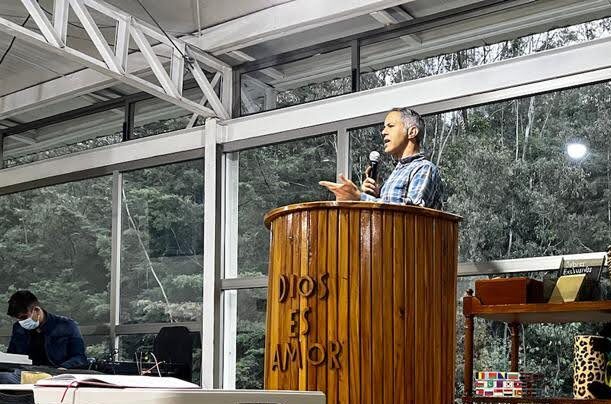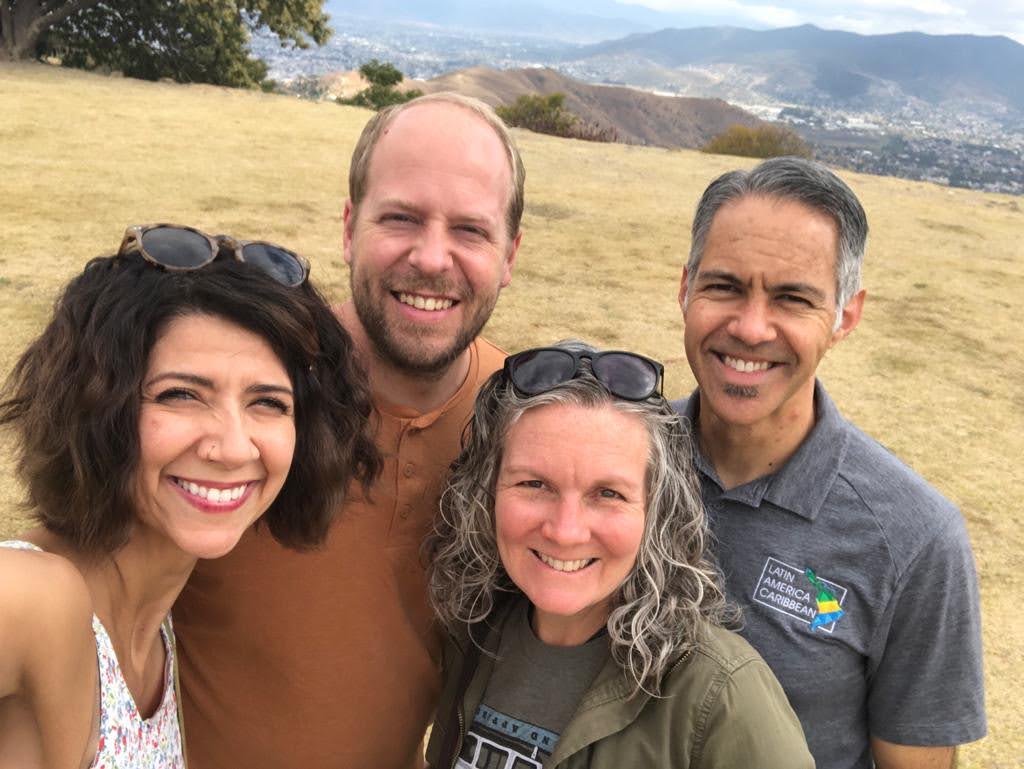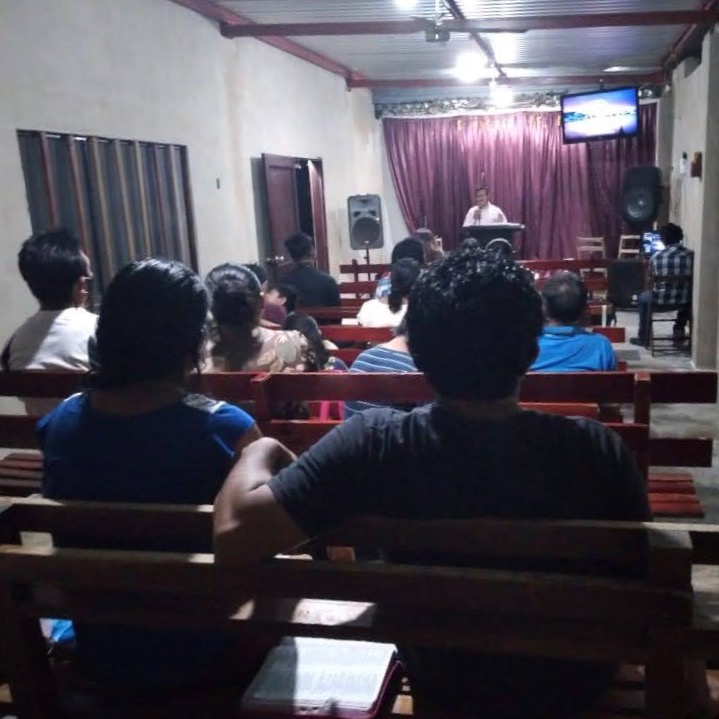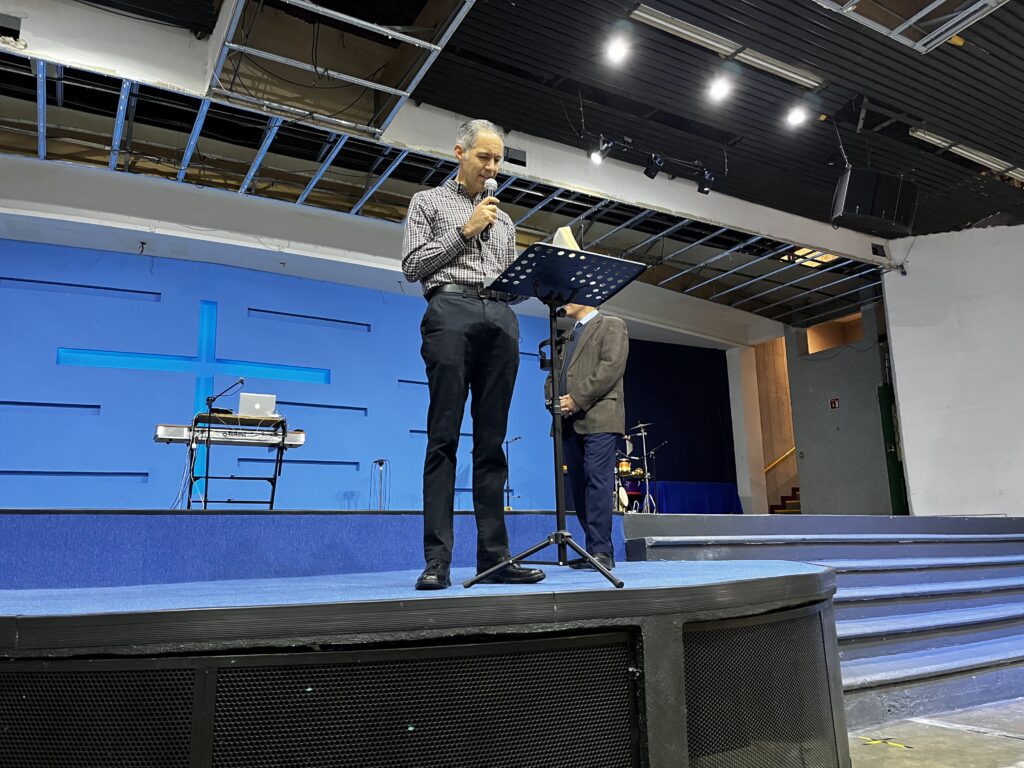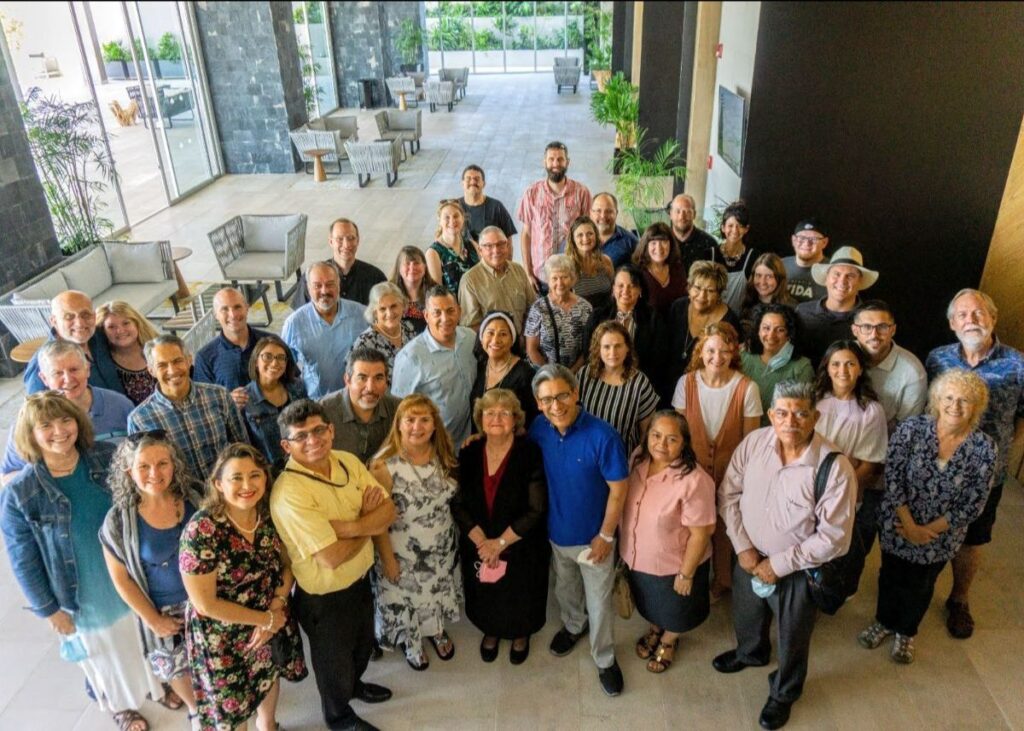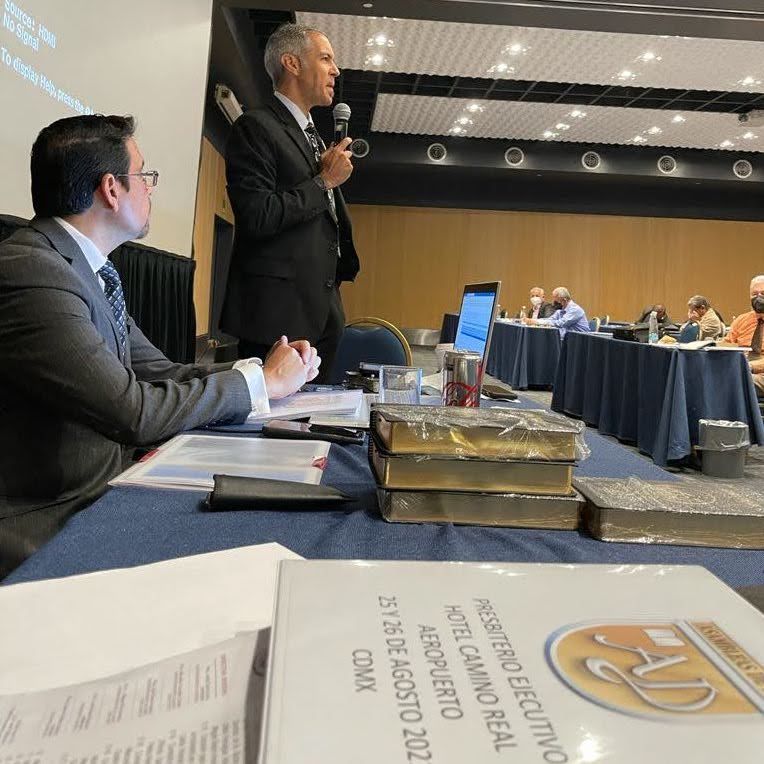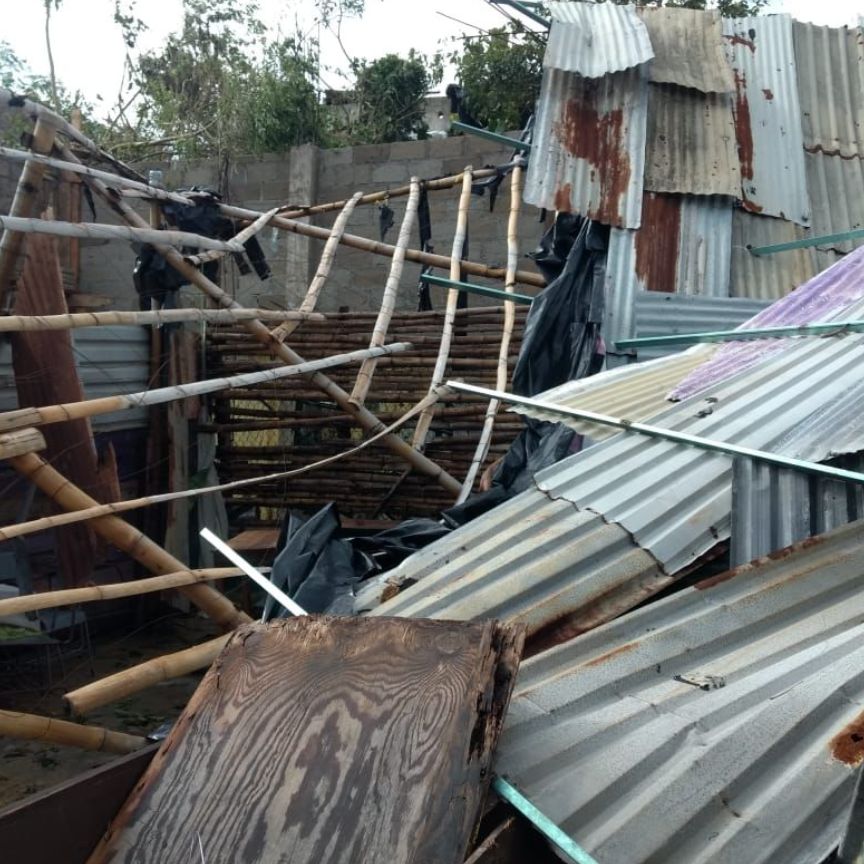Instead of a response, silence. Instead of answers, questions. These are disappointing and often frustrating outcomes, but can they also be a means of growth? In our study of Emotionally Healthy Spirituality (EHS) and in our interactions at the World Assemblies of God Fellowship (WAGF) Missions Congress in Medellin, Colombia, we’ve discovered that, often, they can be.
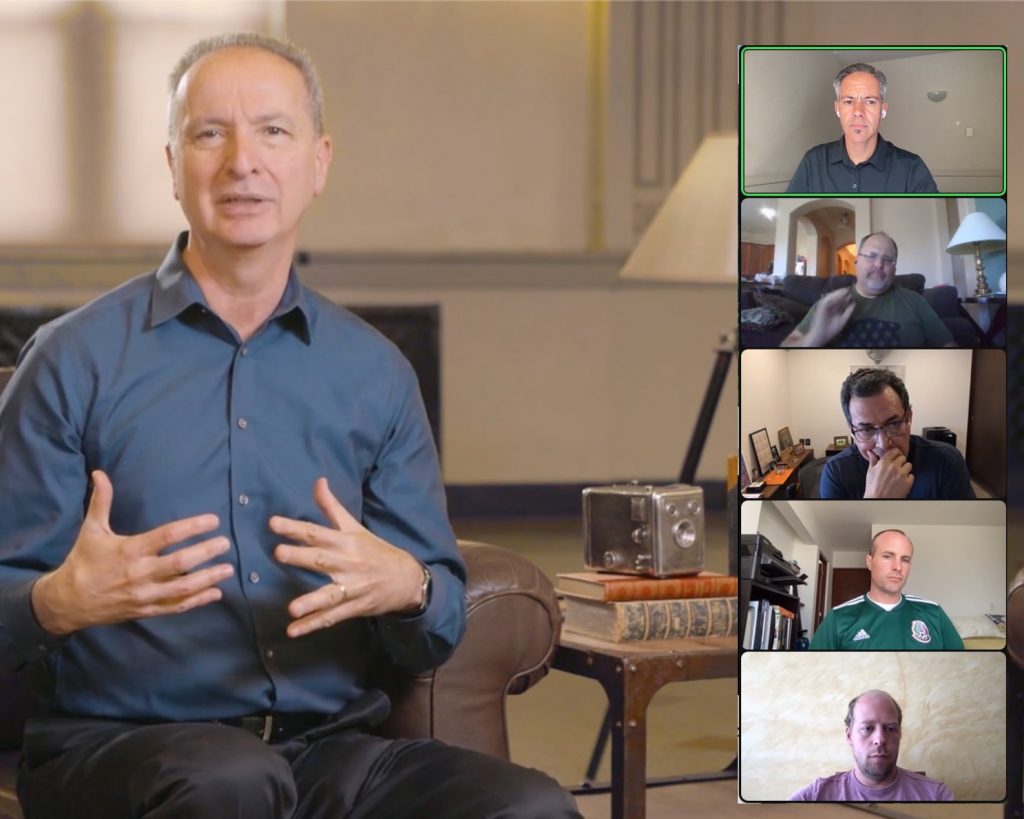
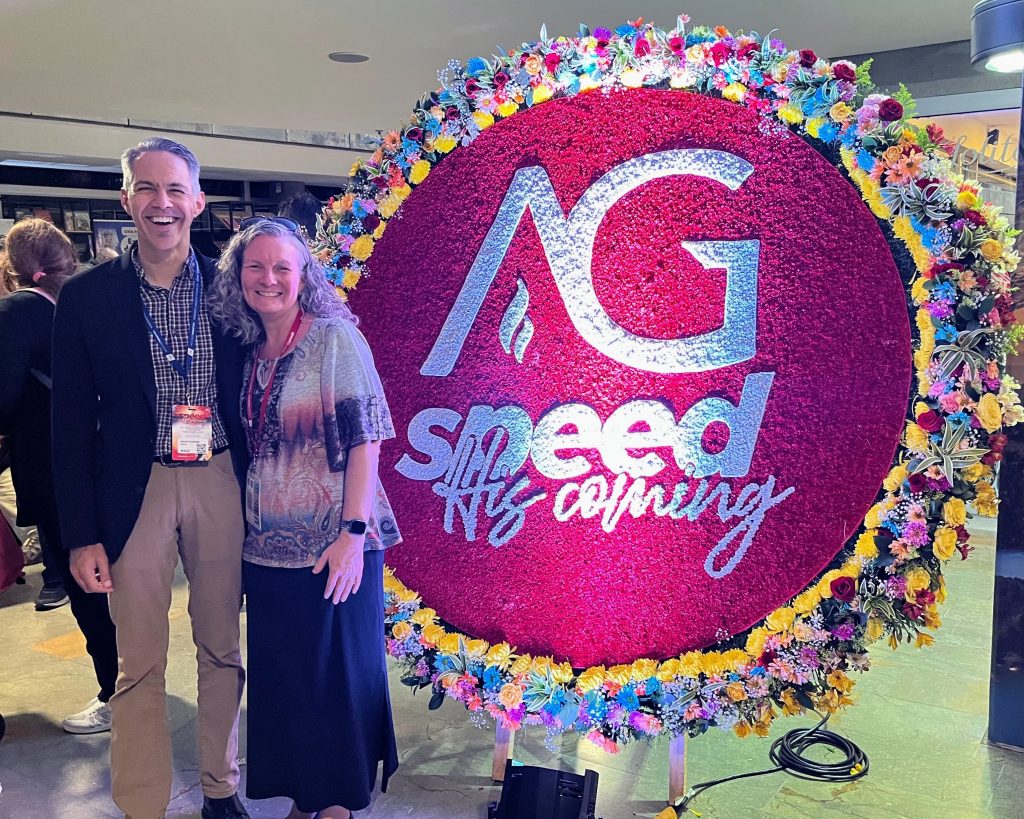
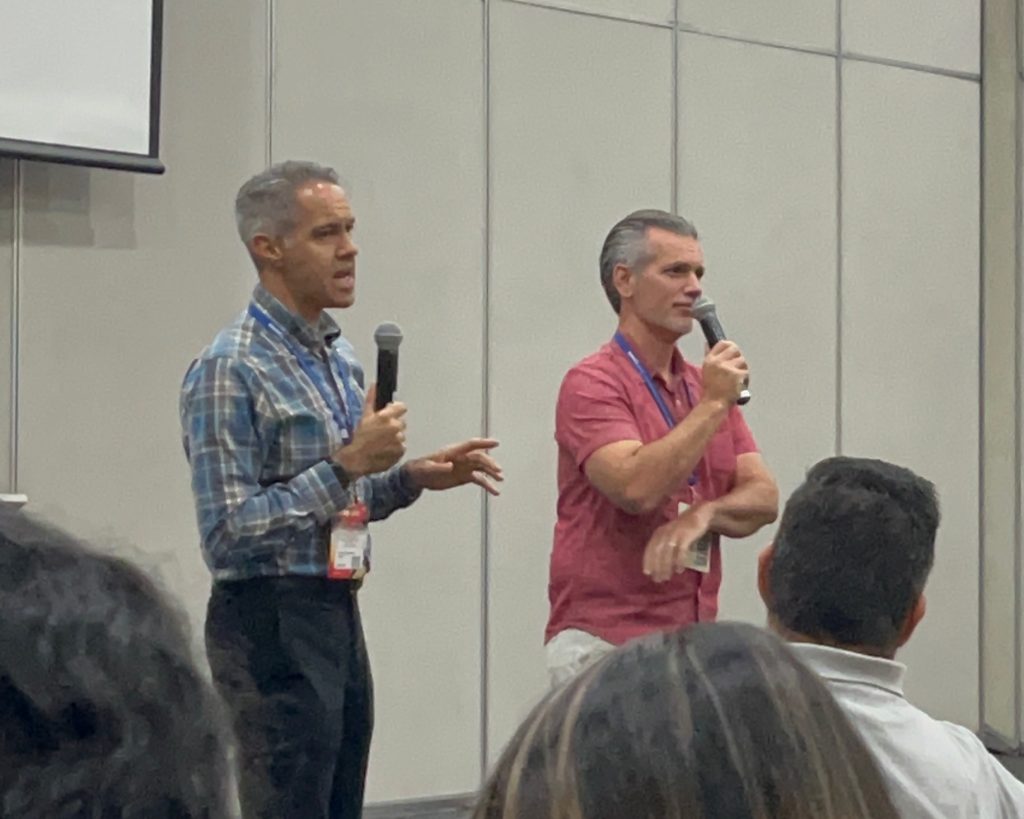
As Pentecostals, we’re accustomed to expression, but a word spoken to God is not the only method to meet with God. In fact, there are times when God chooses silence to express his presence (1 Kings 19:11-13). In EHS, in addition to working through the content and engaging in discussion, the men of the Mexico Missionary Fellowship (MMF) are leaning into the silence, making it a daily discipline to turn off the noise and so facilitating growth through an alternative experience with God.Â
At the WAGF Missions Congress, we joined with hundreds of delegates from around the world who gathered to mobilize to see the worldwide Assemblies of God movement surpass the 1 million church mark by 2033, the two-thousandth anniversary of the Church. It was an exciting time. However, during the workshop led by missionary, Ed Nye, that Dave translated, we were also confronted by a sobering reality: our normal ways of planting the church are largely ineffective among the 3.2 billion unreached, who are increasingly put off or put at risk by traditional forms of evangelism.Â
The temptation is to look for easy answers to our problem, ready-made methods that can generate quick results. Often, though, the answers that we provide are answers to questions that no one is asking. Ed Nye suggested that sometimes the unreached remain so not because we are lacking answers but because we are not asking the right questions.
Silence. Questions. Perhaps they’re not what we want but exactly what we need to see both personal and corporate growth. Thanks for your support, which gives us the opportunity to lead others into these frustrating but often productive experiences.
- Dave is facilitating the Emotionally Healthy Spirituality program for the men of the MMF.
- We were on hand to participate in the 6th WAGF Missions Congress in Medellin, Colombia.
- At the congress, Dave translated for Ed Nye in his workshop about reaching the unreached.Â

